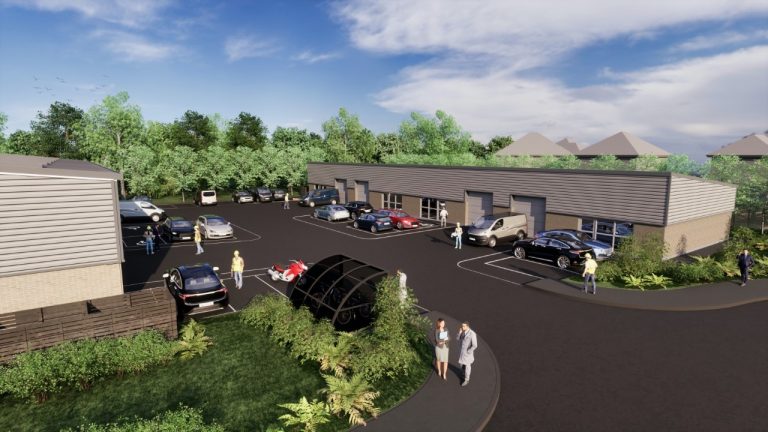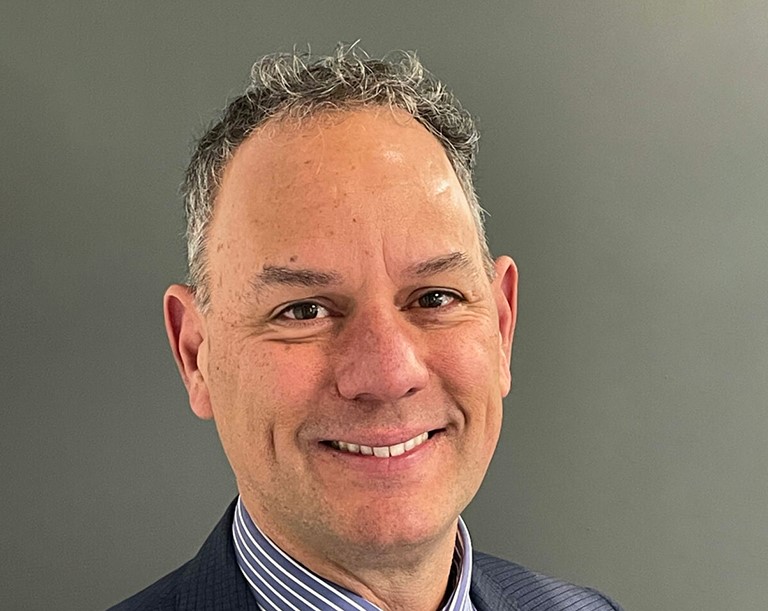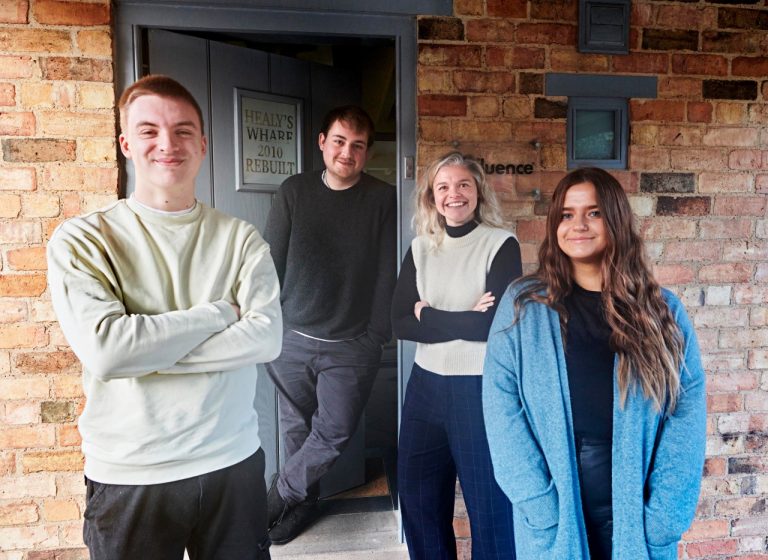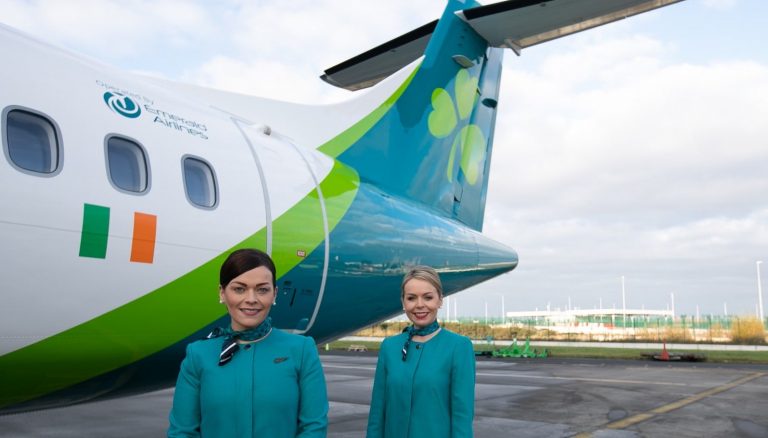Digital workflow specialist expands the team at Intoware
Land deal to bring forward new Nottinghamshire light industrial scheme
WBR Group expands senior leadership team

Partnership and polarisation key themes for UK real estate in 2023
Four hires for landscape architecture firm
Landscape architecture practice Influence Landscape Planning and Design has bolstered its team with four new appointments, following a 25% business growth last year and a strong pipeline for 2023.
Jake Haywood, Angus Lilburn, and Isabel Stratton all join the East Midlands-based firm as design assistants, while Lydia Reynolds joins as administrative assistant.
Chartered practice Influence provides expertise in project management, environmental planning, feasibility and concept development, master planning and urban design, landscape design, visual impact assessment, expert witness and arboriculture.
The hires come following the significant growth of the company last year, which was due to an influx of projects in the Midlands, London and the North West, and a strategy to work on schemes which align with the wildlife, heritage and regeneration ethos of the practice. Influence is expecting a similar growth trajectory this year.
Managing Director, Sara Boland, said: “It is a pleasure to welcome Angus, Jake, Lydia and Isabel to our team, who join us at an exciting time.
“We invest in young people each year by welcoming year-out students and their talents and ideas have always impressed us, so with this in mind and our increased portfolio, we wanted to permanently expand our junior workforce and nurture them through the business.
“Our new recruits are working alongside myself and the team on landscape design and planning projects. On the technical side they will be producing figures, graphics, assessment work, and assisting seniors when onsite, and on the design side, detailing and producing technical drawing.
“It’s important for us as a practice to broaden people’s knowledge of landscape architecture, and to show the younger generation that it is an integral part of developing projects – the younger that we can engage people, the better.”
After studying for his BArch undergraduate degree, Angus developed an interest in how the natural environment affects psychology. At Influence, Angus will be assisting the senior design team in producing landscape masterplans, details, visualisations, and report writing.
Isabel specialises in landscape management, which is crucial for maintaining landscapes once built. She will be helping Influence expand its services in this area.
Jake joins after completing his A-Levels in product design and geography and will be assisting the team with designing and planning.
Alongside her role at Influence, Lydia is studying a built environment course. She will be assisting on project work, as well as supporting company secretary Ruth Berry.
The new hires will all increase Influence’s ability to deliver projects from pre-planning right through to construction and maintenance.
Nottingham company acquires majority stake in health and safety consultancy specialist
Daily flights between East Midlands and Belfast launch next month
Charnwood council urges landlords to apply for licences under new schemes
Landlords of private rented properties covered by two new licensing schemes in the Charnwood area of north Leicestershire are being encouraged by their borough council to apply for licences under its Additional and Selective Licensing schemes to drive up standards across privately-rented homes in the area.
Landlords and letting agents with properties in the borough are being urged to check the new licensing requirements and apply online. If they have properties which are affected by the schemes, then they must apply for a licence.
Additional Licensing is a borough-wide scheme for houses in multiple occupation (HMOs) which do not already hold a mandatory licence and are occupied by three and four unrelated persons.
Selective Licensing in the Hastings and Lemyngton wards in Loughborough focuses on privately rented accommodation and aims to improve standards. Selective Licensing requires all landlords operating within the two wards to licence their property.
The new schemes will enable the Council to work with landlords to ensure their properties are suitable for tenants to live in and are being managed effectively.
The licence fee per application is £700 for five years which will be only used to cover the costs to run the licensing schemes.
Cllr Paul Mercer, the Council’s lead member for private housing said: “I would urge landlords to familiarise themselves with the licensing schemes to make sure they don’t fall foul of the new requirements.
“The changes mean more privately rented homes in the borough will need to be licensed and it is the duty of landlords to comply.
“A large number of landlords and letting agents operating in Charnwood are responsible, care about their tenants and manage their properties well.
“However, there are some properties which are not being managed appropriately and can impact the tenants and the local neighbourhood.
“We have invited landlords to join a virtual session to learn more about the schemes and find out more about the application process. There is still time for people to sign up for the session.”
The Council is committed to working with landlords to ensure they are aware of the schemes and understand what is expected of them. Ultimately, properties affected by the schemes must be licensed and if landlords do not apply for the required licence, the Council can take action including issuing fines of up to £30,000.
The Council can also act to enforce conditions of a licence associated with a property if they are breached.
A virtual landlords forum will take place via Microsoft Teams on Tuesday, February 7 at 6pm.












